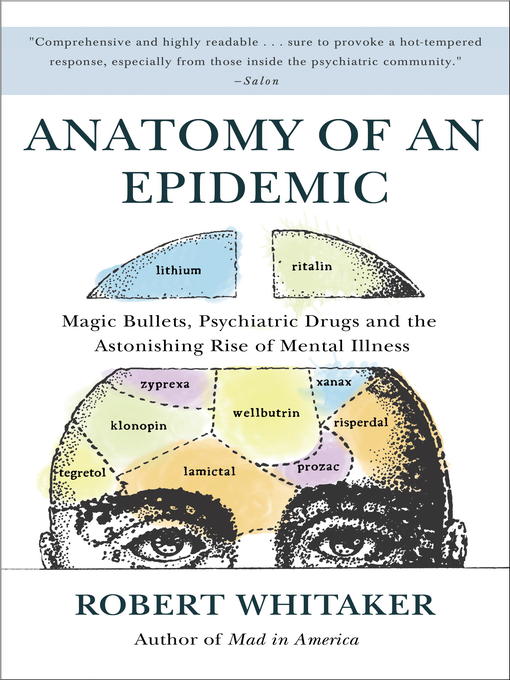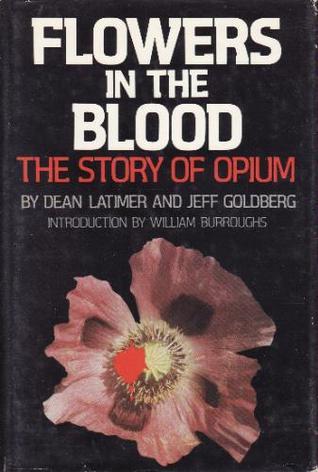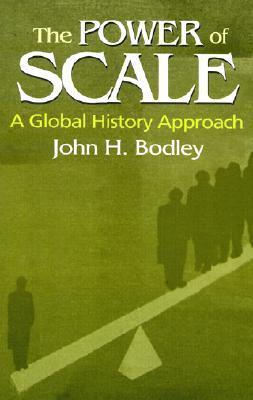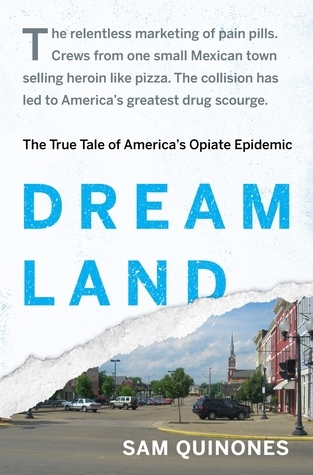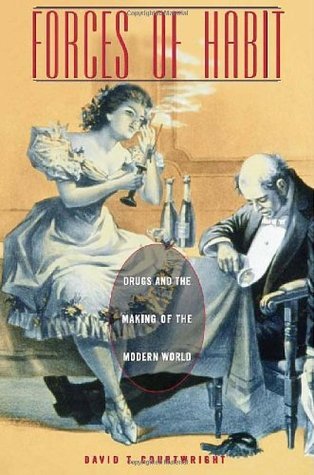
Forces of Habit: Drugs and the Making of the Modern World
Book Description
What if the very substances that shape our lives also forged our world? *Forces of Habit: Drugs and the Making of the Modern World* unveils the thrilling saga of how drugs have intertwined with society, economics, and culture from ancient times to the present. With gripping narratives that expose the undercurrents of addiction, profit, and power, David T. Courtwright reveals the intricate dance between human desire and systemic change. As empires rise and fall under the weight of these potent substances, one question looms: will humanity ever break free from the chains of its own habits?
Quick Book Summary
"Forces of Habit: Drugs and the Making of the Modern World" by David T. Courtwright explores how psychoactive substances have fundamentally influenced the development of societies, economies, and global politics. Through a sweeping historical lens, Courtwright examines the origins, spread, and integration of various drugs—including alcohol, tobacco, caffeine, opium, and more—into daily life across cultures. He reveals that the demand for psychoactive experiences is a persistent trait in human history, shaping trade, labor, and even imperial expansion. The book shows that governments and businesses have historically profited from regulating or taxing these substances, despite their social costs. Courtwright ultimately asks how understanding our history with drugs can inform more effective policies and perhaps break the cycle of addiction and dependency that so powerfully molds modern civilization.
Summary of Key Ideas
Table of Contents
The Human Drive for Intoxication
Humans have always sought intoxicating experiences, a universal drive that has spurred experimentation with various plants and chemicals throughout history. Courtwright illustrates how the pursuit of altered states is not a recent development but rather a deep-rooted human inclination. This drive for intoxication explains the persistence of psychoactive substances across cultures and eras, whether as sacramental aids, medicines, or everyday stimulants.
Global Trade and the Proliferation of Drugs
The global spread of psychoactive drugs accelerated as trade routes expanded, linking distant civilizations. Colonialism played a crucial role, introducing substances like tobacco, sugar, tea, coffee, and opium to new global markets. These commodities became not only economic staples but also embedded themselves into cultural practices and identities. The convergence of commerce and chemistry fueled the economic engines of empires and led to profound demographic and societal changes.
Drugs, Power, and Policy
Political and economic interests shaped the regulation and proliferation of drugs. States recognized both the profitability and risks of these substances, often imposing taxes to generate revenue or dictating terms of access. At the same time, the addictive nature of these drugs presented social challenges, prompting waves of prohibition, regulation, and moral panic. Institutions balanced the competing interests of public health, economic benefit, and social order.
Addiction, Social Norms, and Control
Societal attitudes towards drug use shifted over time, reflecting broader changes in cultural norms and scientific understanding of addiction. Initially, many psychoactive substances were accepted and celebrated, only to be demonized as their negative effects or addictive potential became clear. Courtwright shows how medicalization, stigmatization, and law enforcement responses have all played roles in shaping public perceptions and policies regarding drug use and addiction.
The Modern Challenge of Drug Regulation
Today, the legacy of these habits is deeply intertwined with contemporary challenges surrounding drug policy and addiction treatment. Courtwright suggests that learning from history—understanding the deep-seated desires driving drug use and the unintended consequences of past policies—can inform better approaches. He advocates for realistic, humane strategies that acknowledge both the appeal and peril of psychoactive substances, envisioning a society more adept at managing, if not wholly breaking, the enduring chains of habit.
Download This Summary
Get a free PDF of this summary instantly — no email required.
